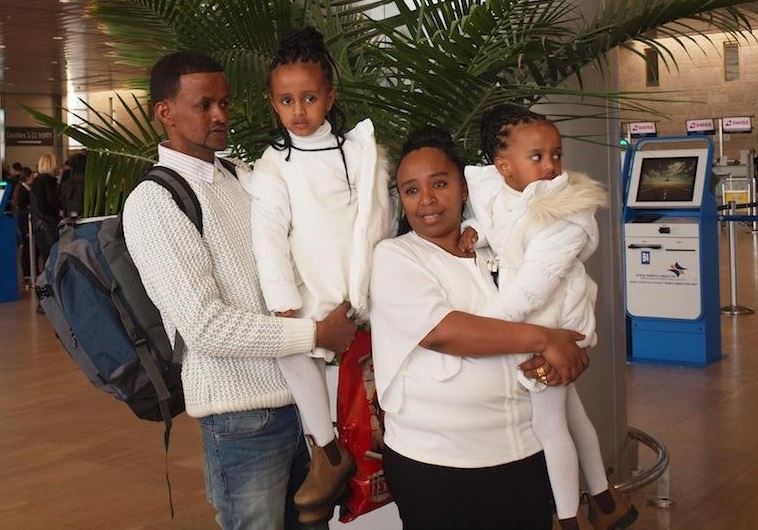After brutal attack on Eritrean infant, family given refugee status in Europe
The baby, then 18 months old Kako Yamena, was stabbed three times in the head by an Israeli man from Afula named Michael Zaretzky.
 earlier this month, NATBAG.(photo credit: HEIDI J GLEITT)Updated:
earlier this month, NATBAG.(photo credit: HEIDI J GLEITT)Updated: